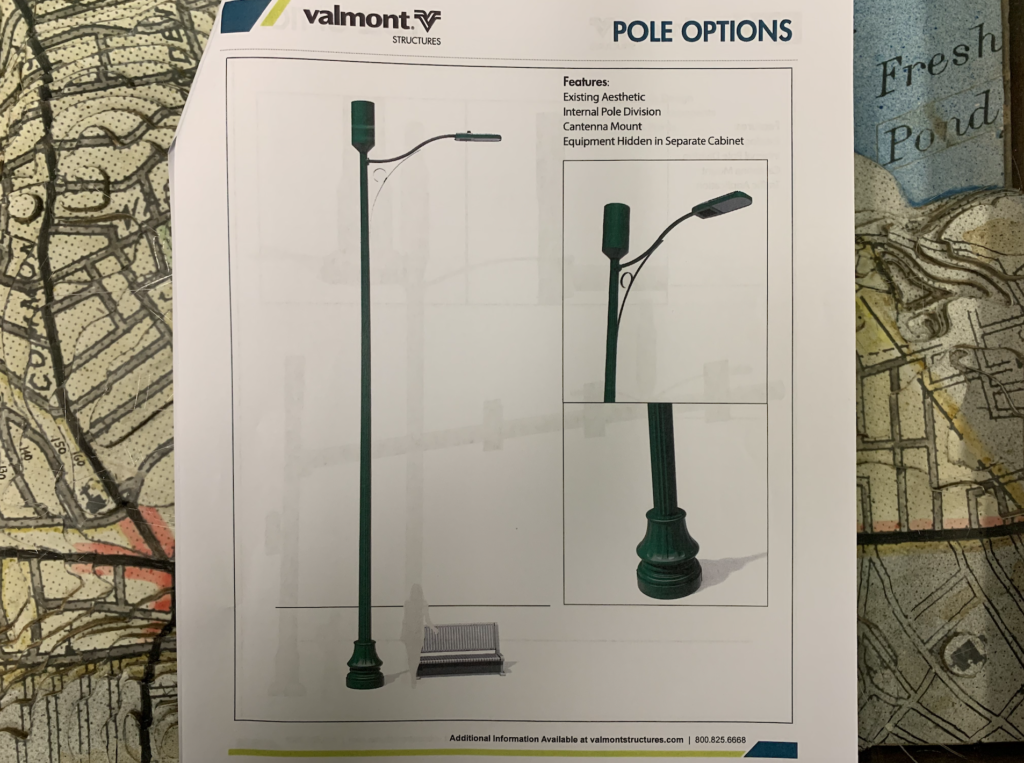Photo: Belmont Middle and High School in 2023.
After more than a decade of planning, applications, the largest debt exclusion vote in town history and dozens and dozens of public meetings, the inaugural step in the construction of Belmont’s newest school will take place the day after Memorial Day when the Belmont High School Building Committee hosts the groundbreaking ceremony for the Belmont Middle and High School at 11 a.m. on Tuesday, May 28 at Belmont High School, 221 Concord Ave.


